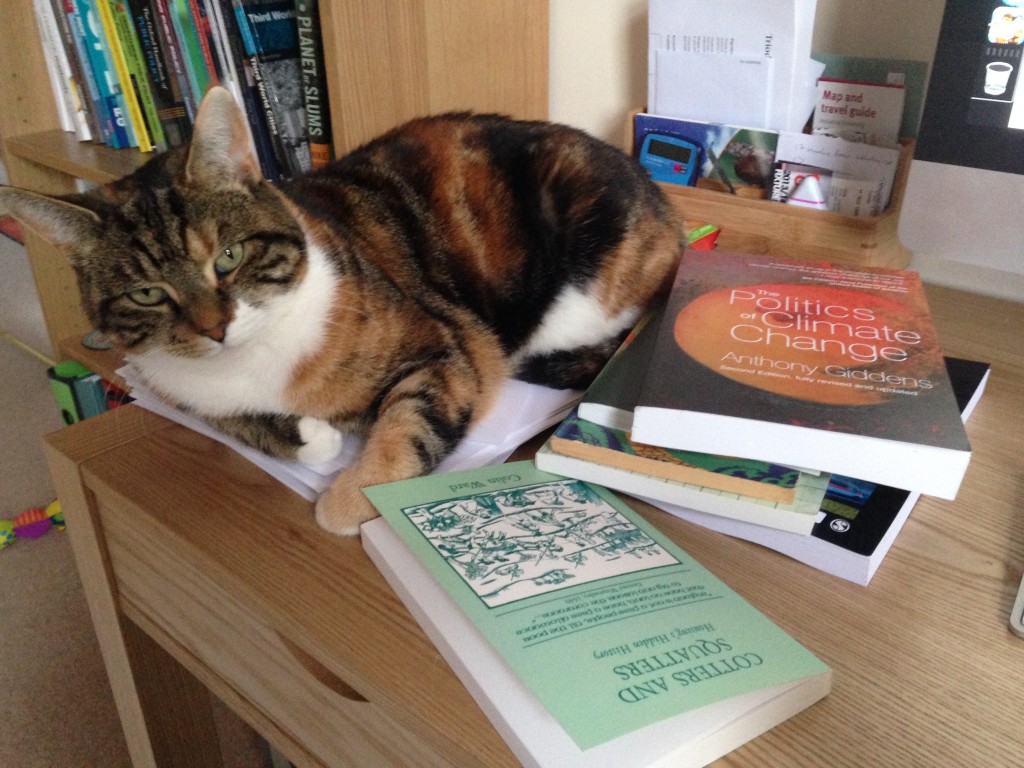Sabrina Fairchild is a PhD candidate in the Department of Historical Studies at the University of Bristol.
What has been the highlight of your PhD so far?
The variety of places I have been able to visit. I have conducted archival research in England, the United States, Canada, France, China and Hong Kong. I even got to present my research in Japan. This is one of the unique benefits of being a researcher – and even though travelling can be quite tiring, the experiences you gain are incomparable.
Do you have any funny stories to share from your research and travels?
Once, when I was working at the National Archives in Washington, D.C., I was working with documents no one had touched since the early 1990s. I didn’t know this at the time — all I knew was that all my documents arrived wrapped in really annoying cellophane that I had to rip off before I could open the volumes. As there were no rubbish bins in the document reading area (for obvious reasons) I had to take all the wrapping to one of the floor attendants so they could get rid of it themselves. One day, after my umpteenth trip, the attendant approached me and informed me that the volumes had been shrink-wrapped in 1991 or 1992 to preserve the documents. The fact that the cellophane remained meant that no one had looked at them in the last twenty-years! This was either, he teased me, a very good thing or a very bad thing for my PhD. Since paying attention to the American presence in China has become one of my driving interests, I’ve chosen to believe it was a very good thing indeed.
When you’re stuck, or feeling frustrated, what helps you stay motivated?
I like to do something completely unrelated to my research. I’ve had the best breakthroughs when I leave my desk and gone for a run or a body balance class. I’ll either put the pieces together in the middle of the exercise or while I’m walking back. Often, that feeling of finally understanding something makes the original frustration seem worthwhile.
“Why I Love My PhD” is an ongoing series inspired by The Guardian’s series of the same name, about how our Postgraduate Researchers stay enthused about their work and what keeps them going on the harder days. If you would like to share your story or contribute, please get in touch.


